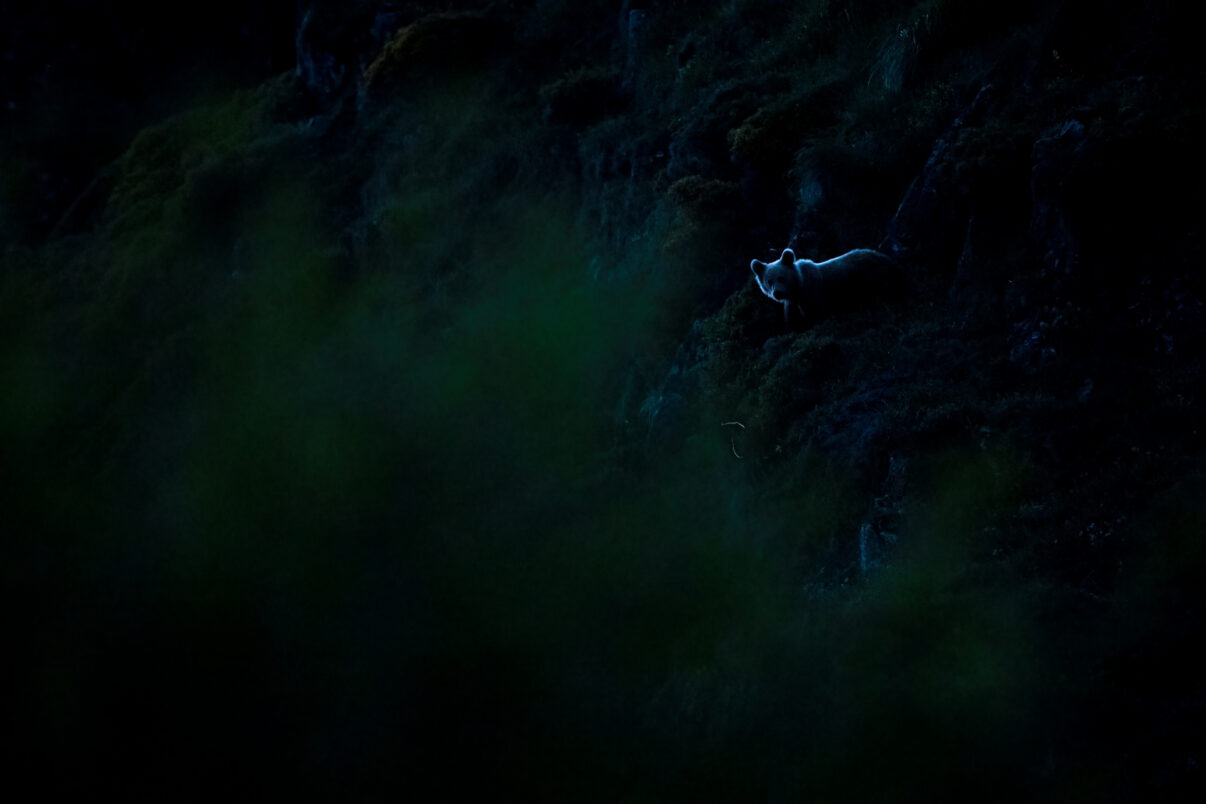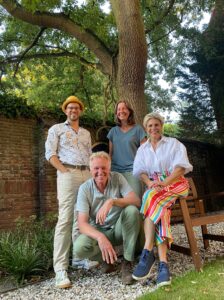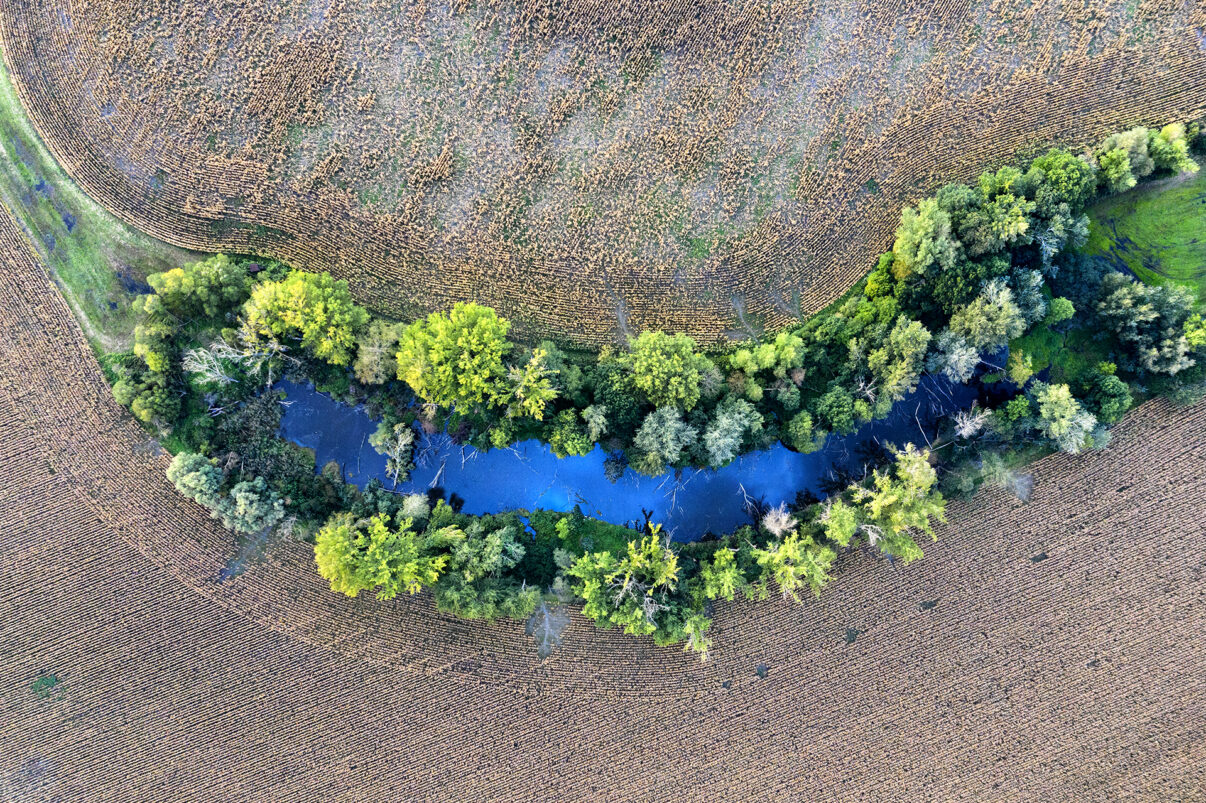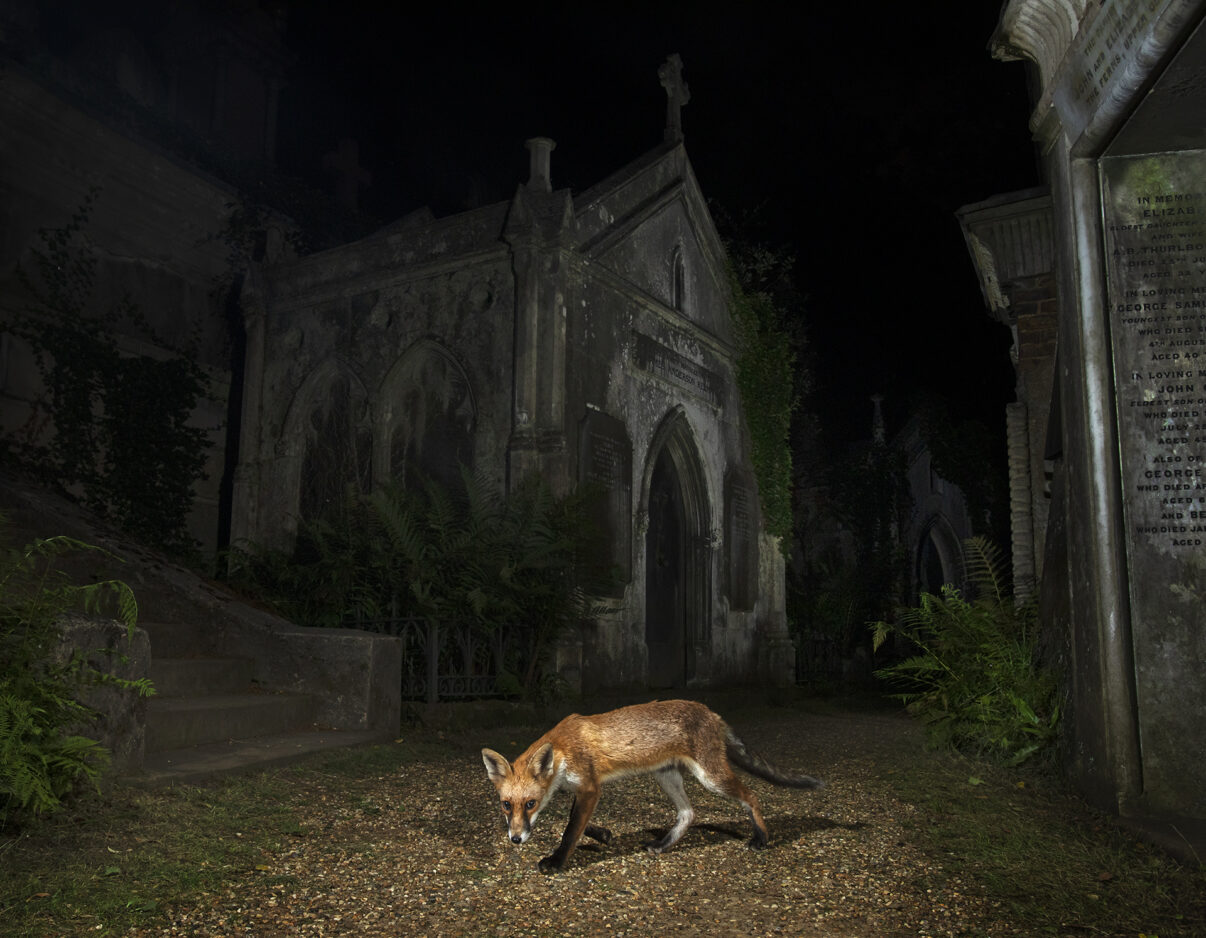A special Rewilding Europe Award was launched at this year’s European Wildlife Photographer of the Year competition. The award’s prize-winning photos skilfully captured the beauty of nature and elements of European rewilding.

Rewilding through the lens
Excellence in rewilding-focused photography has been celebrated in this year’s European Wildlife Photographer of the Year (EWPY) competition, with a special Rewilding Europe Award handed out for the first time. Joshi Nichell, who took first prize, will be presented with the award at a special ceremony at 6pm on October 28, as part of the International Nature Photography Festival, which is organised by the German Society for Nature Photography (GDT). He wins a trip to one of Rewilding Europe’s rewilding landscapes worth 1500 euros, as well as pride of place in the competition exhibition (which travels across Germany and Europe for three years) and catalogue.
To be eligible for the Rewilding Europe Award, images submitted to the competition needed to relate to one or more rewilding themes. Nichell, a 24-year-old photographer and filmmaker from Germany, impressed the judges with his beautifully backlit shot of a nocturnal brown bear taken in the Spanish region of Cantabria – today this iconic species that is making a welcome recovery in many European countries.
“Joshi captured a unique moment, with the bear looking straight at the camera,” says Rewilding Europe’s Executive Director, Frans Schepers, who will present the award in person. “In addition to being a technically accomplished and captivating shot, his photo hints at the excitement of encountering wild nature on its own terms, and speaks to the need for us to find ways of living alongside that nature harmoniously.”
“To encounter this beautiful wild animal was one of the most intense moments of my life,” says Nichell. “Looking into its eyes for those few seconds was an incredibly rewarding and humbling experience.”
Creative collaboration

The annual European Wildlife Photographer of the Year competition, which was launched by the GDT in 2001, showcases some of the finest nature photography from Europe and around the world. These images, and the work of the wildlife photographers who submit them, allows the GDT to promote the idea of nature conservation to a wide-reaching audience.
Rewilding Europe signed a new agreement with the GDT earlier this year to launch the Rewilding Europe Award, with the collaboration helping to promote nature and rewilding. This year images were selected by a jury consisting of representatives from Rewilding Europe, Princess Laurentien of the Netherlands (a special advisor to Rewilding Europe since 2010), and Dutch photographer Jasper Doest. From 2023 onwards, the prize will be offered as a special category of the GDT EWPY competition, for an initial period of two years.
“Judging the photos for the award made us think hard about what makes a good rewilding image and what it should contain,” says Frans Schepers. “Capturing the beauty, drama and complexity of nature is important, but it’s also about presenting elements of rewilding, such as natural processes, the link between nature and people, and human-wildlife coexistence.”
Stiff competition
These elements were visible in the second and third-placed photos selected by the Rewilding Europe Award jury. With the standard of entries high, judging was a difficult proposition.
The second prize was awarded to Hungarian photographer Peter Fodor, for his aerial shot of a waterway dammed by beavers. The stripped trees, foraging trails and enhanced water levels of this natural oasis contrast starkly with the bareness of the surrounding agricultural land. It highlights the impact of beavers as amazing ecosystem engineers and demonstrates beautifully how rewilding can breathe life back into our landscapes.
Third prize was awarded to British photographer Matt Maran for his night-time photo of a fox in front of a church. The jury felt the picture not only captured the inextricable link between nature and people, but also symbolised how rewilding can challenge our conservative and institutionalised thinking. As a progressive approach to conservation, rewilding is about letting nature take care of itself. Something we are not used to in Europe!
Want to know more?

Great Rye Island, Slovakia

